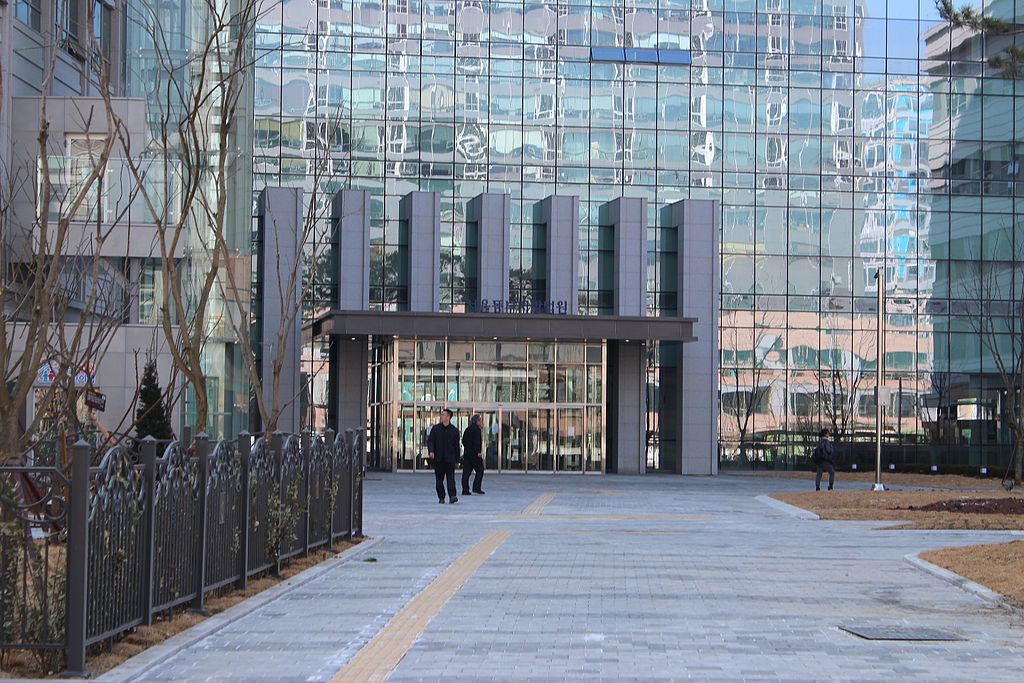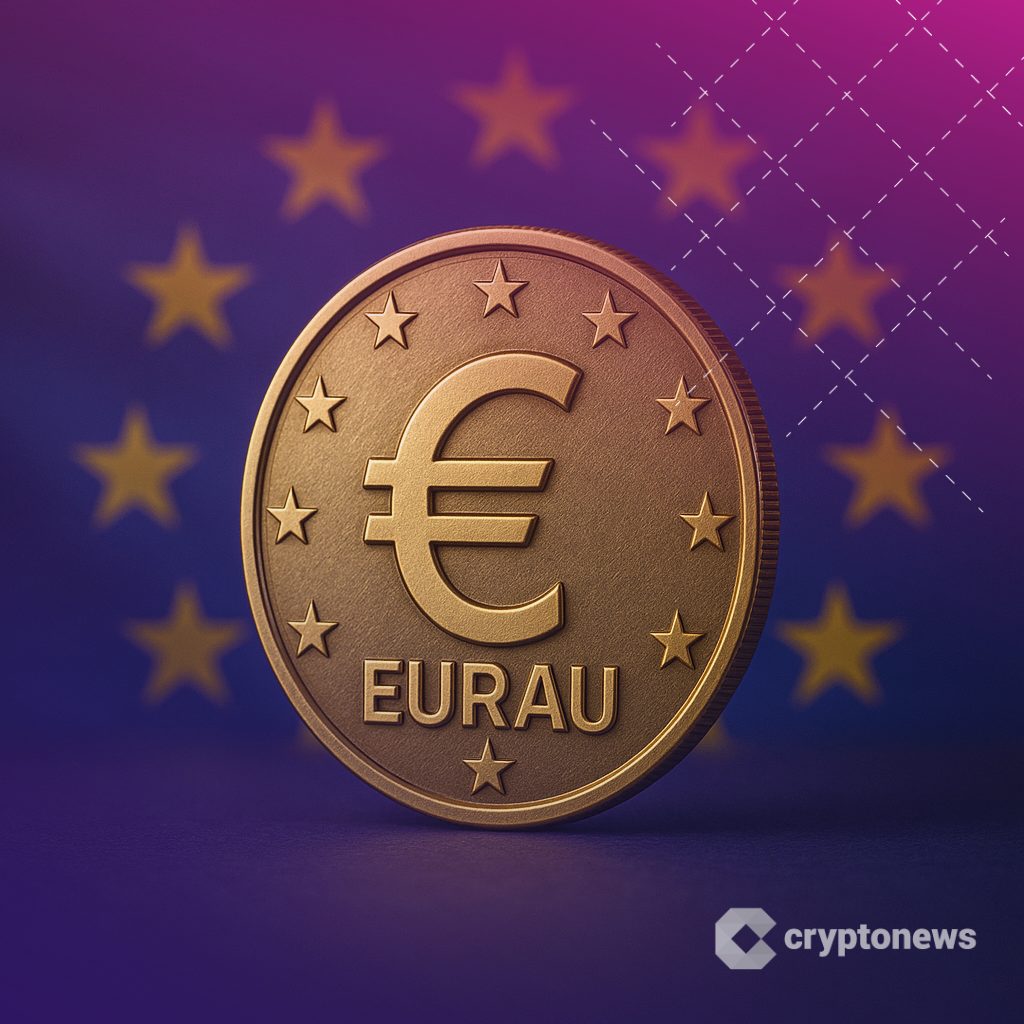South Korean Court Jails Two Members of Cross-border USDT Money Laundering Ring
A South Korean court has jailed two Vietnamese nationals for using Tether (USDT) to power a cross-border money laundering scheme.
The duo used the USD-pegged stablecoin to smuggle funds raised from voice phishing scams overseas.
USDT Money Laundering Ring: Defendants Jailed for Two Years
The South Korean media outlet Financial News reported that the Criminal Division of the Seoul Eastern District Court’s Presiding Judge Lee Jeong-hyeong sentenced the duo to two years in prison each on June 22.
 The Seoul Eastern District Court, in Seoul, South Korea. (Source: Pectus Solentis [CC BY-SA 4.0])
The Seoul Eastern District Court, in Seoul, South Korea. (Source: Pectus Solentis [CC BY-SA 4.0])
The defendants were identified as a college student surnamed Duong (23) and an unemployed individual surnamed Pham (also 23).
The court found both individuals guilty of violating the Special Act on Prevention of Telecommunications and Financial Fraud and Refund of Damages.
Prosecutors explained that Duong and Pham first made contact with the voice phishing scam ring in October last year.
The ring recruited both via a Telegram open chat room. The ring’s organizers told Duong and Pham that they were to receive the proceeds of voice phishing scams in Korean won.
The duo was then instructed to use this money to buy USDT, which they then sent to a crypto wallet held by a member of a voice phishing gang who was residing in Vietnam.
The ring paid both Duong and Pham commission fees of 50,000 won ($36.44) to 100,000 won ($72.88) per 10 million won ($7,288) worth of USDT they sent.
‘Hash Sentence Inevitable,’ Judge Explains
The court heard that the voice phishing ring succeeded in duping South Korea-based victims out of thousands of dollars’ worth of cash transfers.
The ring’s employees called people pretending to be credit card delivery workers, insurance company employees, National Tax Service staffers, and even public prosecutors.
They usually told potential victims that they were calling to check the safety of their bank accounts.
The ring used a range of money laundering techniques, using other accomplices from Uzbekistan and Vietnam.
The judge said that the court had not handed out a harsher sentence because neither of the defendants had criminal records in South Korea. But Lee added:
USDT-related crime is on the rise in South Korea, as the coin’s popularity in the nation continues to grow. This year has seen a sharp rise in bogus USDT-themed over-the-counter deals and related thefts.
Vous aimerez peut-être aussi

U.S. stock market closed: All three major stock indexes closed up more than 1%

EURAU Stablecoin Debuts: Deutsche Bank, Galaxy Launch Europe’s First MiCA-Regulated Euro Token
